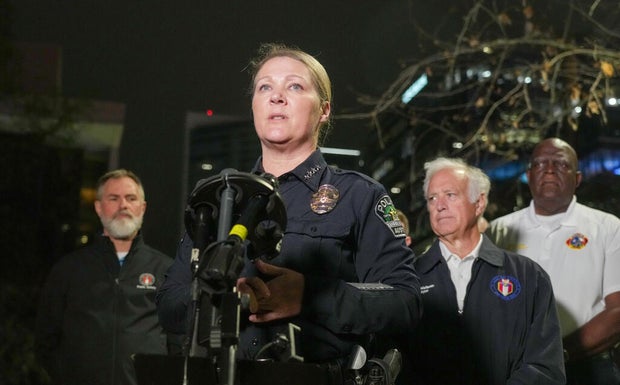Elon Musk has given nearly $75mn to help Donald Trump’s bid to win back the White House, as the world’s richest man tries to influence the outcome of next month’s US presidential election.
Musk made several multimillion-dollar donations during the third quarter to America Pac, his political action committee, according to a federal filing released on Tuesday, giving the group a huge budget to support Trump’s re-election bid.
The group already spent more than $96mn boosting Trump, according to the independent non-profit OpenSecrets, and about $10mn more helping Republicans in congressional races.
Musk, who owns social media group X and runs Tesla, endorsed Trump in July after the Republican candidate survived an assassination attempt at a rally in Butler, Pennsylvania. Musk joined Trump on stage at the same venue for a rally this month.
Details of the scale of Musk’s donation — which makes him one of Trump’s biggest backers of this election cycle — come as the former president tries to close a fundraising gap with Democratic rival Kamala Harris in a tight White House race.
The Financial Times’ poll tracker currently puts Harris 2.6 per cent ahead of Trump nationally but in a virtual dead heat in seven pivotal swing states with just three weeks to run in the race.
Trump also gained major financial backing from Miriam Adelson, wife of the late casino developer Sheldon Adelson, who gave $95mn to her pro-Trump super Pac Preserve America, according to another filing on Tuesday.
Musk, who supported Democrats in previous elections, has described the 2024 vote as his final hope for US democracy and claimed that illegal immigrants would take over the country if Harris won.
“If Trump doesn’t win this election, it’s the last election we’re going to have,” said Musk last week on Republican pundit Tucker Carlson’s show on X. The billionaire added that he was “all in” for Trump.
Musk has ridiculed President Joe Biden and vice-president Harris to his 200mn-plus followers on X, marking an increasingly rightward turn in his public commentary over the past few years.
Other top donors to Musk’s America Pac include billionaire tech entrepreneurs Cameron and Tyler Winklevoss; early Tesla investor Antonio Gracias; Palantir Technologies co-founder Joe Lonsdale; Sequoia partner Shaun Maguire; and Doug Leone, a former managing partner at the firm.
America Pac has hired canvassers in battleground states including Pennsylvania and Michigan. Its website claims that pay starts at $30 an hour.
The group is also offering people $47 — the next US president will be the 47th — “for each registered voter you refer that signs a petition pledging support for the First and Second Amendments” of the US Constitution, which protect free speech and the right to bear arms, respectively.
If Trump wins, he has pledged to appoint Musk to lead a commission to audit federal spending and regulations.
“Elon Musk is perhaps the greatest businessman and innovator of our day,” John Paulson, a top Trump donor and potential Treasury secretary if the Republican wins the election, told the FT. “Elon brings tremendous energy, creativity and focus to everything he does.”
Paulson said it would be a “huge win” to have Musk involved in cutting government red tape.
Musk has become an increasingly vocal critic of what he considers “woke” politics. In July, he said he would move his companies X and SpaceX to Texas after California passed a law barring school districts from requiring staff to notify parents of a change in a child’s gender identification.
He has also chafed at the Biden-Harris administration, which he considers hostile to his businesses even as his net worth has ballooned tenfold between 2020 and 2024 to $246bn, according to Forbes.
In 2021, Biden’s first year in office, the White House snubbed Tesla at an event featuring electric-vehicle manufacturers and the United Auto Workers union. Tesla, which is anti-union, was not invited.
Several federal agencies are also probing Musk’s businesses, including investigations by the Department of Justice and Securities and Exchange Commission into Tesla’s claims about driver-assistance systems.














































